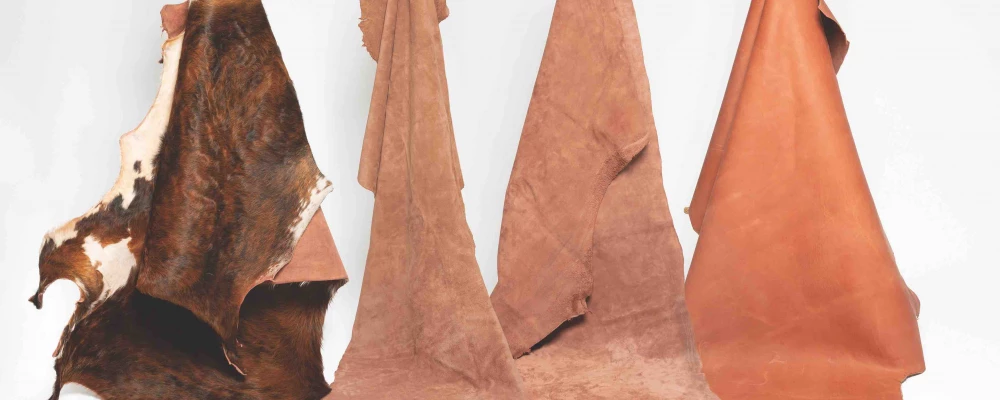
Highlights From The Virtual Oxford Real Farming Conference 2020 - Part Three
We have taken a look at our key sessions from 2021's Oxford Real Farming Conference, hosted in January 2021, with our final article taking a look at the exciting and necessary topic of how to make small abbatoirs sustainable. In our lengthy chats with designer Alice V Robinson, we discovered more about the possibilities for working with UK farmers and abbatoirs to avoid hides going to landfill (which became apparent from our interview with Leather UK).
This session was led by Patrick Holden, CEO of The Sustainable Food Trust who brings together a myriad of speakers to provide a holistic look at this topic, in light of recent updates to the industry from the Agriculture Bill, Brexit and Covid-19.
Head back to part one and part two of our highlights.
Thumbnail image: Alice V Robinson
Making Small Abattoirs Sustainable
"Abattoirs are the linchpins of local food and sustainable livestock systems, adding value to meat, serving local consumers, reducing distance to slaughter and producing traceable by-products."
Speakers: Will Harris, Emily Miles, Marisa Heath, Sara Grady and Alice Robinson
Chair: Patrick Holden
- How to allow farmers to sell directly to abattoirs.
- Animal welfare as the greatest concern.
- There are only 62 small abattoirs in UK.
- Globally there is a similar trend for centralisation, yet there is a rise in demand for local.
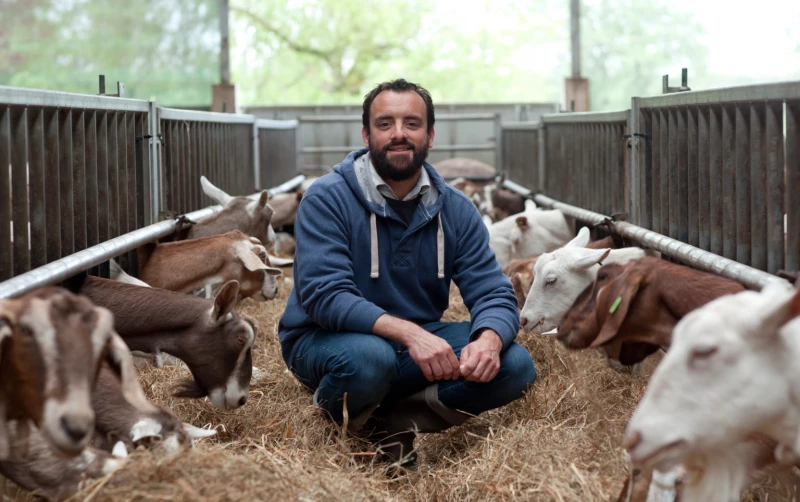
Will Harris - White Oak Pastures
How are the problems facing small abattoirs mirrored across the pond in the united States? Will talked about why slaughtering on farm - or as near to the farm as possible - is so important, and shared his knowledge of the best ways to achieve this.
- White Oak Pastures is home to one of America’s only on-farm slaughterhouses.
- Will has 100 cows, 40 sheep or goats and 40 hogs.
- The packing plant waste is ground and composted.
- They monetise from production by making broths, selling hides and creating bone powder.
Emily - Food Standards Agency
What is the situation in the UK and what is needed from a regulatory and governmental point of view to ensure the small abattoir sector can be resilient and thrive? Emily talked about measures already being taken by the FSA and gave insights in to the impact of Brexit and COVID-19, looking to the future and what more can be done.
- The Food Standards Agency was set up in 1999 in the UK after the BSE crisis (bovine spongiform encephalopathy or "mad cow" disease) to look out for consumer interests. DEFRA is a nascent leadership group.
- They look after the policy, legislation and regulation within England, Wales and Northern Ireland (there is a separate agency for Scotland).
- If you rely on a centralised hub for your food, as soon as you have a pandemic or other supply issues then it backs up across the rest of the supply chain: a more distributive model is beneficial for food. The Government believes it’s up to producers or retailers to ensure supply chain is working, though.
- The FSA is deliberately there for consumers, not economics. Those in the know of the BSE crisis coming didn’t let on and it damaged trust and reputation.
- There has been no real consumer push until now for local food: 1/3 shop at local shops more often than before, 20% used their local shop for first time, 1:3 have used a veg box scheme or farm shop.
- Digital platforms are enabling local food. 1:10 adults are a “conscious consumer” but 1:5 adults struggling to put food on the table.
- Different governments and different governmental departments providing food information doesn’t serve the customers, so FSA is looking to a less fragmented approach.
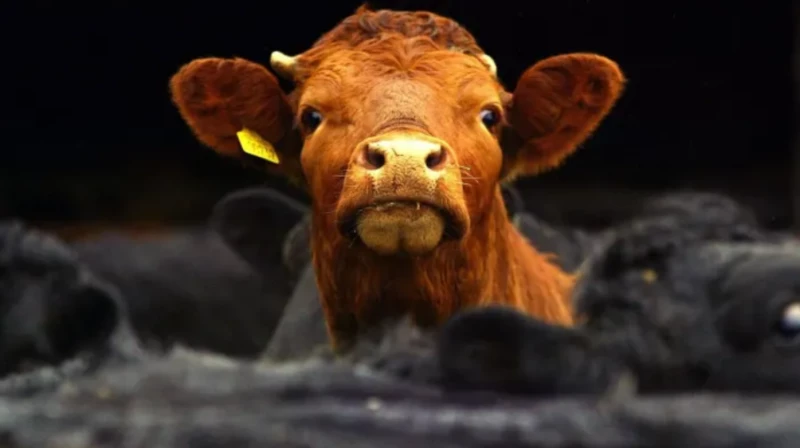
Japan lifts 23 year ban on British Beef [Financial Times]
Marisa - All Party Parliamentary Group on Animal Welfare
- They conducted the The Future of Small Abattoirs report in partnership with Sustainable Food Trust.
- Waste collection is not competitive in UK so small abattoirs have a quick win in being more sustainable.
- Hides are thrown into skips, costing abattoirs money to get rid of them.
Download the report The Future of Small Abattoirs.

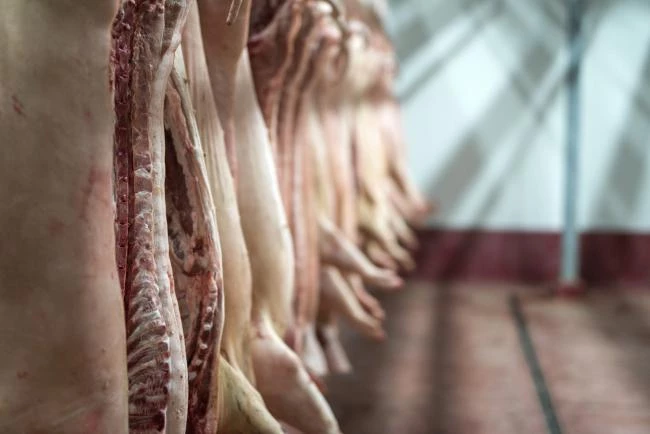
Alice and Sara
Sara is the former president at Glynwood Center for Regional Food and Farming.
Alice is a multi-disciplinary designer.
- They are veg tanning in the Hudson Valley by buying in hides to tan - paying market price for the hide and paying additional fee to farm to aid in their care and support.
- Farms are close by yet abattoirs are sending off hides into an anonymous commodity system.
- They are running a pilot with the PFLA (Pasture-Fed Livestock Association), partnering with 100 grass-fed farms who have organic certifications.
- They are working with one abattoir that serves PFLA farms in regional area for traceability to farms. Aim to be replicated regionally.
- Should they be called "specialist abattoirs" instead? Mobile abattoirs could facilitate locality, but with regulations. Non-mobile abbatoirs could be solely for animal services on farm, and then with a separate slaughter unit that moves to each farm.
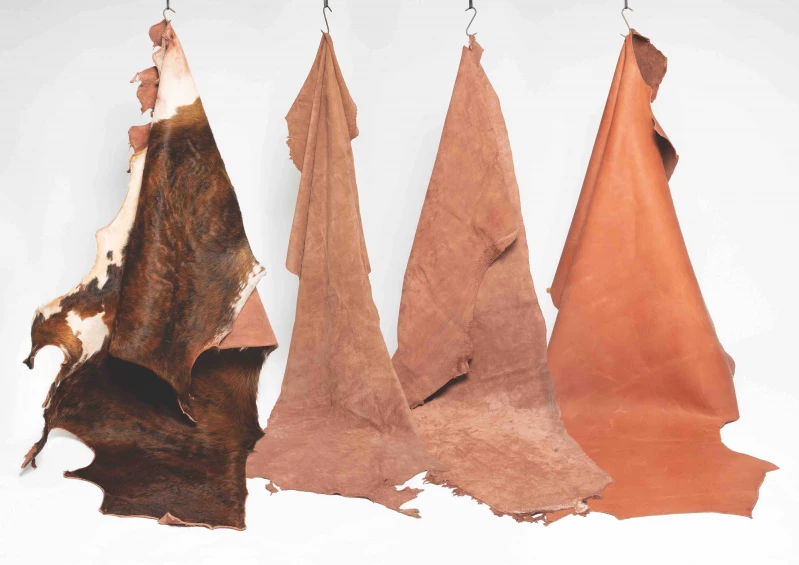
>> Watch the full session here. <<
Additional reading:
Turning Waste Into Worth: A Circular Model For British Leather with Billy Tannery [The Sustainable Food Trust]
'We need joined up thinking about local abbatoirs' [The Sustainable Food Trust]
'The spotlight on local abbatoirs: Shortening distance to slaughter' [The Sustainable Food Trust]
